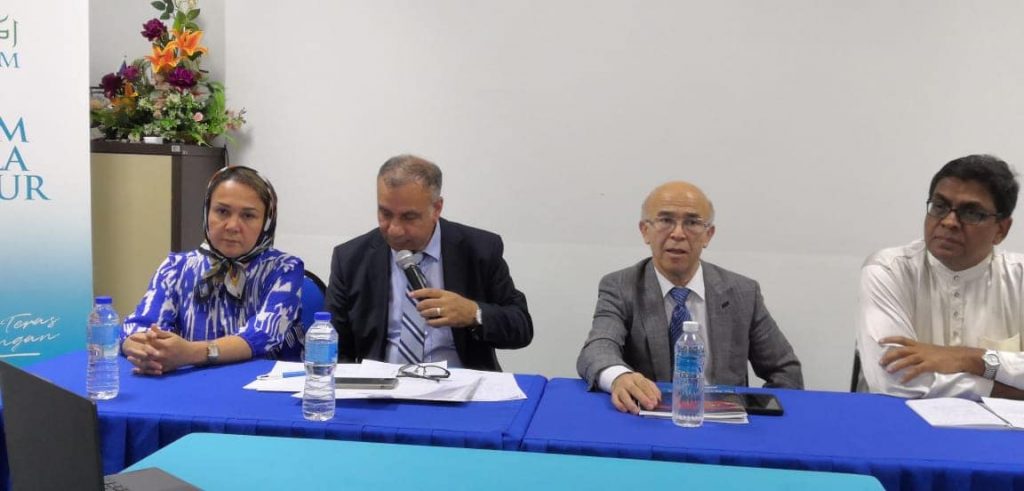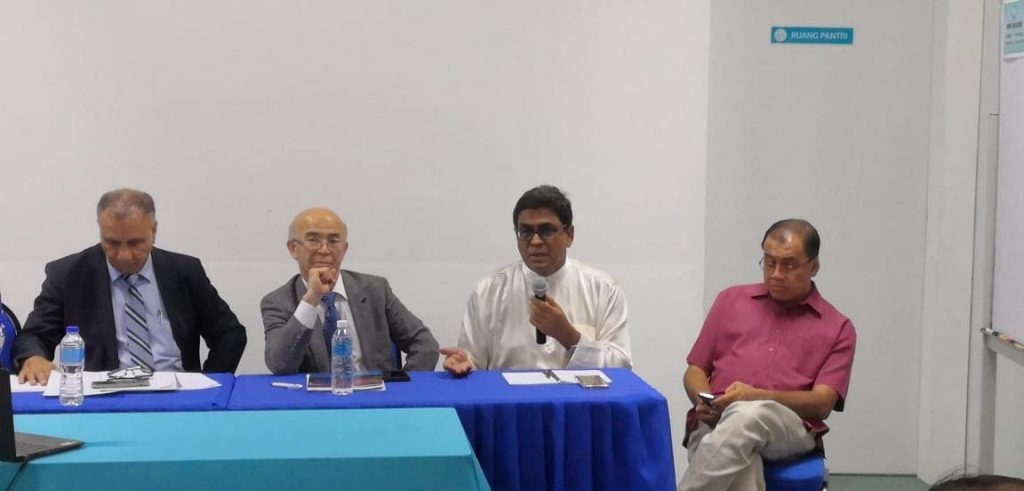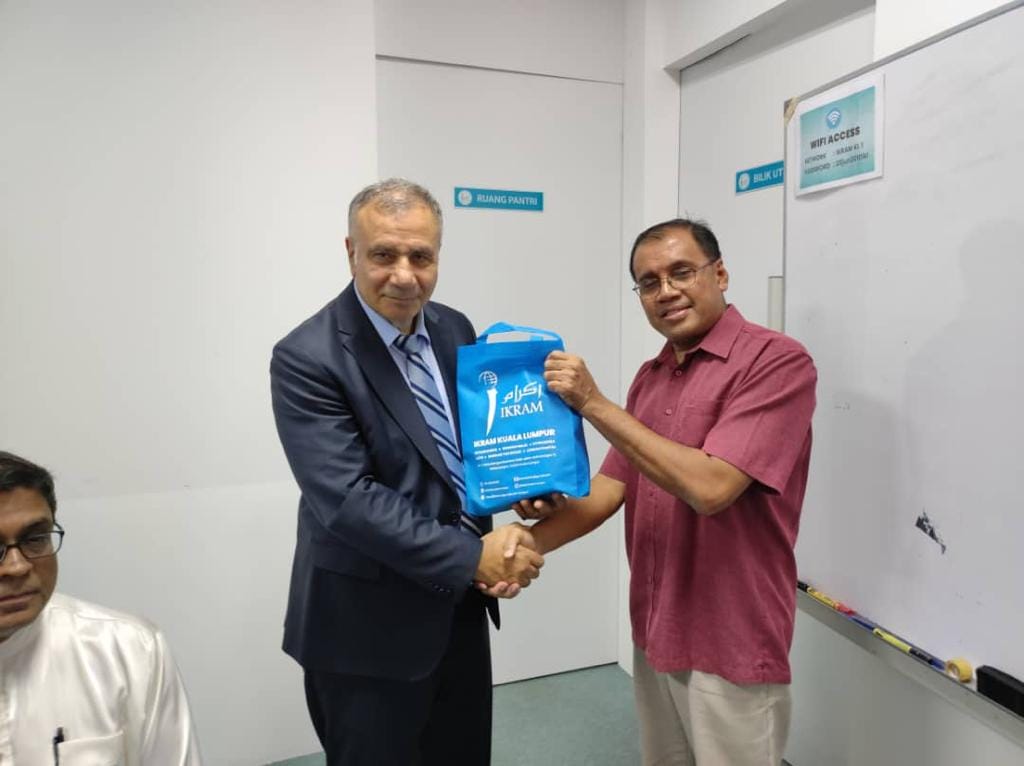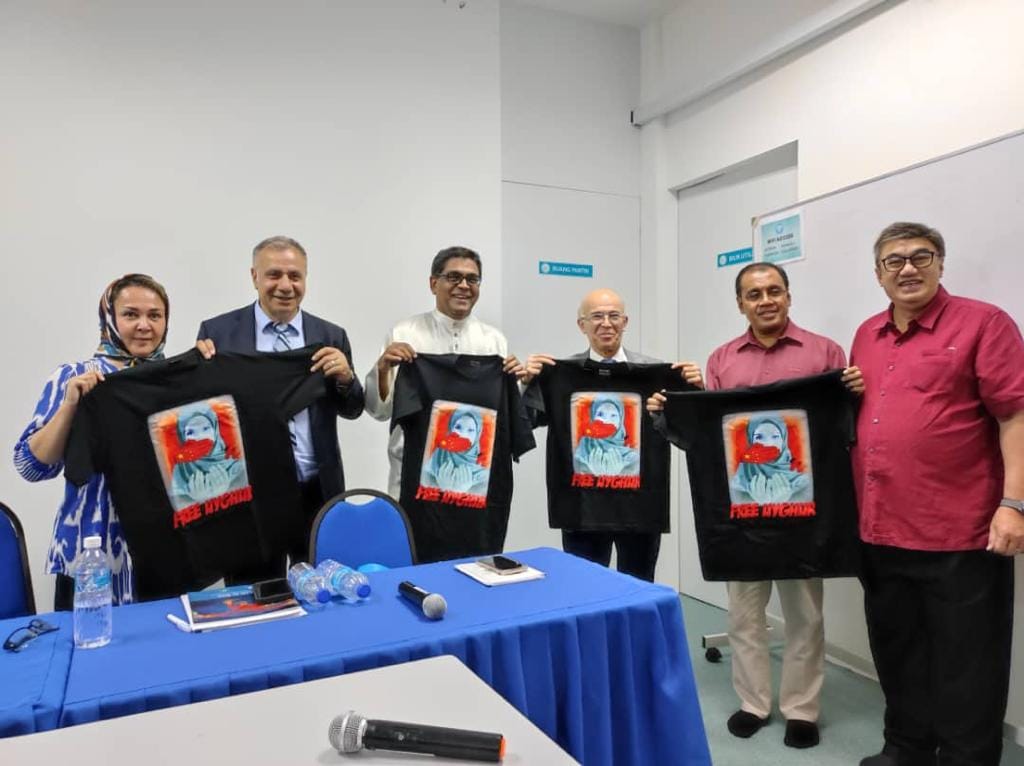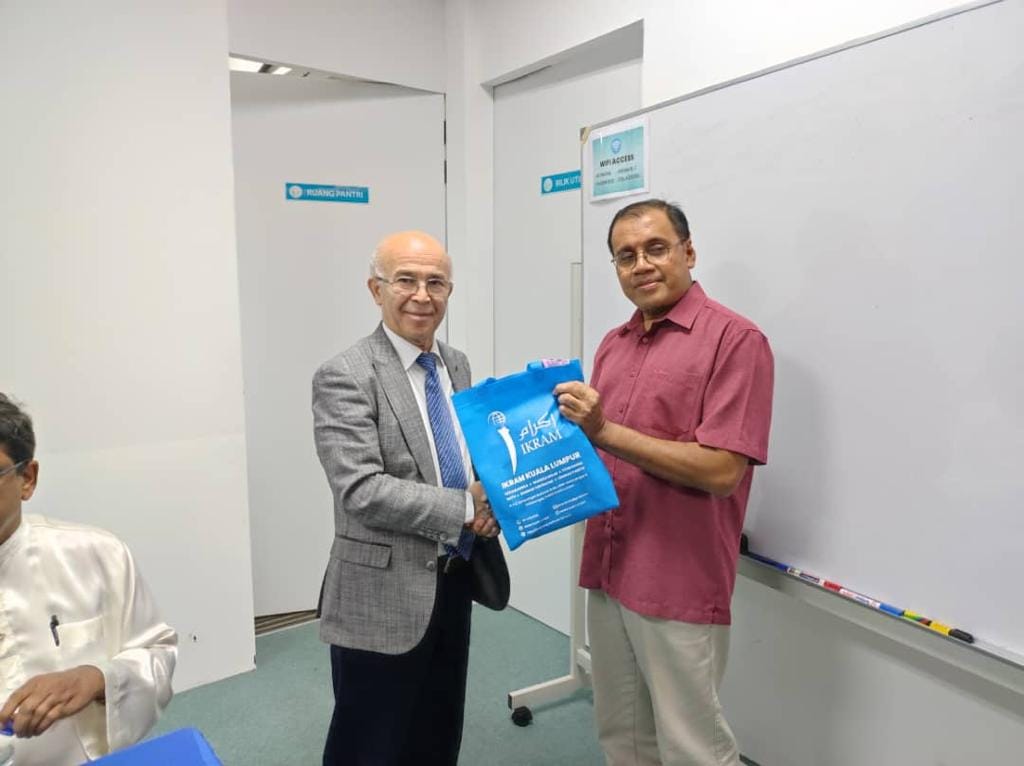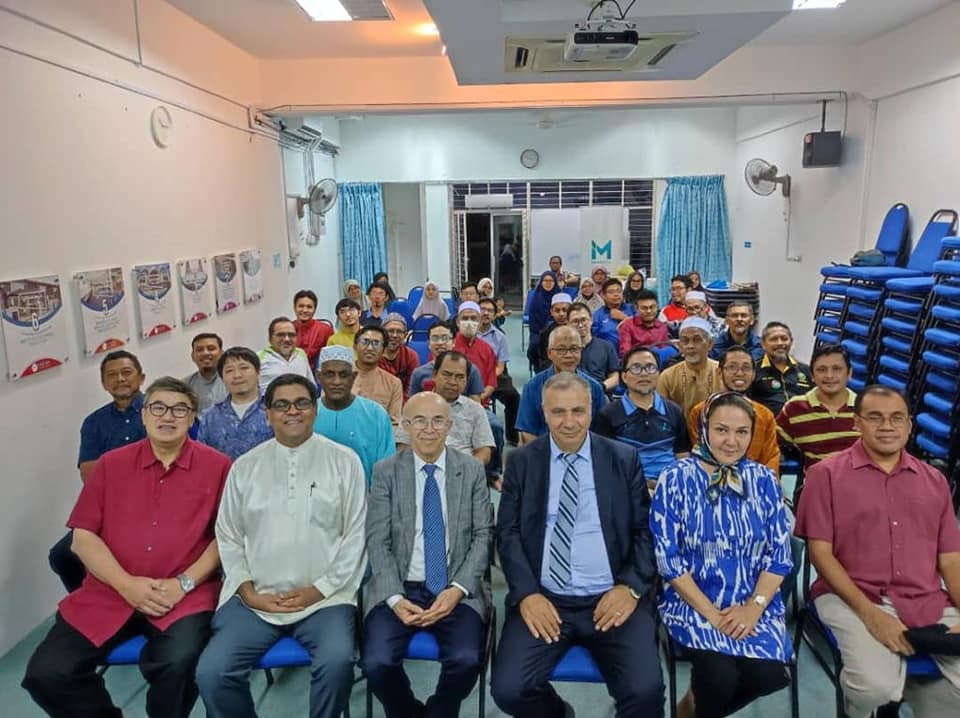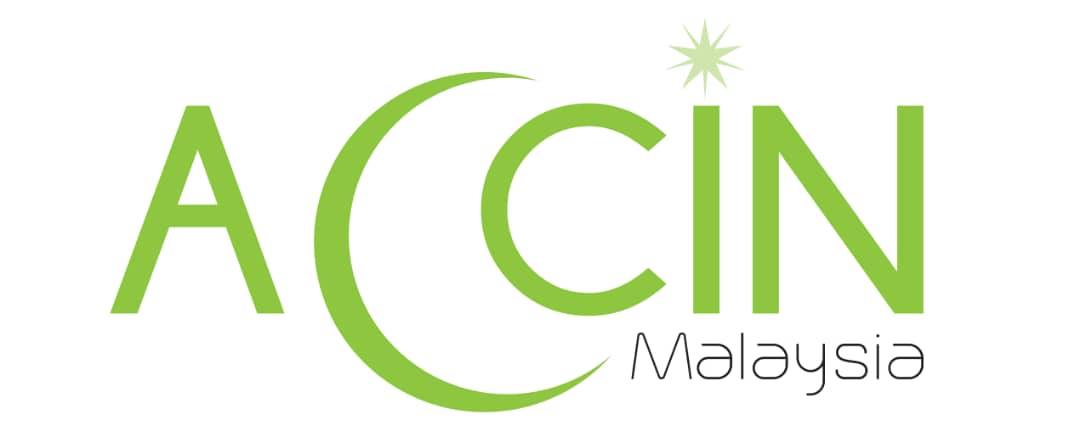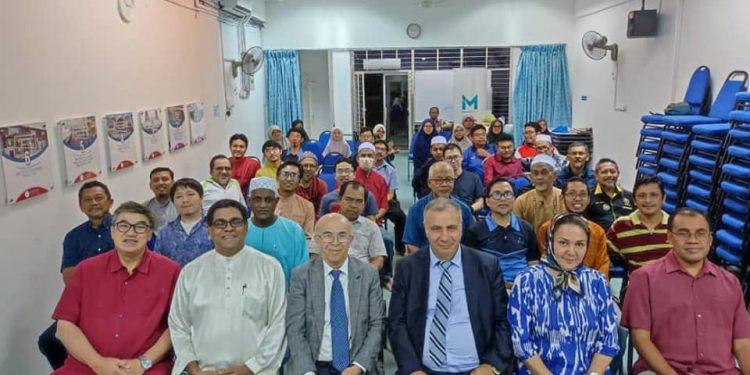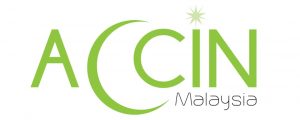A dialogue on the future of the Uyghurs jointly organised by the Allied Coordinating Council of Islamic NGOs Malaysia (ACCIN) and Pertubuhan IKRAM Malaysia on 26 February 2023 at IKRAM’s Kuala Lumpur branch office drew attention to the plight of the Uyghurs in their native land referred to as Xinjiang Uyghur Autonomous Region (XUAR) by China.
Guest speakers were Mr Omer Kanet, Executive Director of the Uyghur Human Rights Project (UHRP) in the USA and President of the World Uyghur Congress (WUC) and Mr Mehmet Celepci from WUC Australia. Hj Jamaludin pointed out that all the Uyghurs hope for is to live with dignity and practice their religion, culture and way of life in an environment of multiculturalism and peaceful coexistence as is practiced all over the world.
In his speech, Mr Omer Kanet started by saying that XUAR is rich in natural resources such as oil & gas and minerals and this could be part of the reason for China’s stranglehold on the region. He said that the Uyghurs have faced discrimination for a long time, but the situation became worse since 2010. From 2017 onwards, China started adopting a more aggressive approach by rounding up the Uyghurs and imprisoning them in concentration camps which they refer to as ‘re-education camps’.
Today, there are an estimated 1.8 million to 3 million Uyghurs in these concentration camps. Up to 16,000 mosques have been destroyed and an estimated 1 million Uyghur children have been taken away from their parents to be indoctrinated with Chinese communist culture.
Surveillance and rounding up of the Uyghurs are not limited to within China’s borders. Many who have been living overseas have been illegally detained and deported to face imprisonment and torture in the concentration camps in China. An Independent Uyghur tribunal held in UK reviewed evidence and testimonies and issued a judgement in December 2021 that Uyghurs are facing genocide and crimes against humanity. Among the issues highlighted were forced abortion, forced marriage to Han men, forced labour and the destruction of Uyghur language books.
Amnesty International and Human Rights Watch have come up with similar conclusions. However, there has been no real action although it has been 6 years since the mass detentions began. OIC initially criticised the Chinese government but withdrew the criticism later. Mr Omer Kanet lamented that the Muslim ‘ummah’ should be one body but it seems that the Uyghurs have been amputated from that body. He urged Muslim nations to push for on official enquiry on the status of Islam in China.
Mr Mehmet Celepci took the stage next and described some real life cases of Uyghurs who were extradited to China. In one particular case, a lady was told to return to China to renew her passport but when she did, she was never seen or heard from again. Mr Mehmet highlighted how the Uyghurs in China are detained for flimsy reasons such as having a Qur’an at home, practising the Muslim greeting of ‘Assalamualaikum’ and giving children Muslim names. Religious practices are banned and the they are not even allowed to go to Hajj. In short, the Chinese government sees Islam as a viral disease that must be treated. He reiterated the need for Muslim countries to work together to end this genocide and stated that the silence of the Muslim world in particular is like a licence to the Chinese government to continue the genocide.
